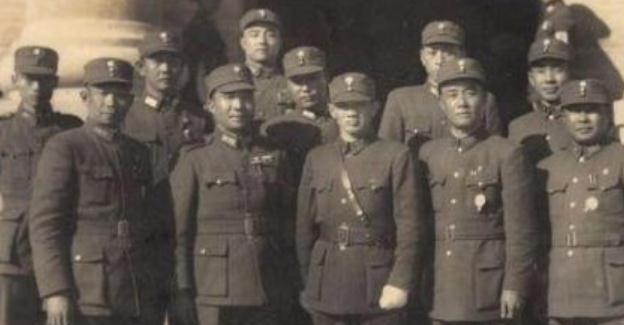
In the one year since the outbreak of the All-out War of Resistance Against Japanese Aggression, the Chinese army and the Japanese army have fought many large-scale battles such as the Battle of Songhu, the Battle of Nanjing, the Battle of Lanfeng, the Battle of Xuzhou, and the Battle of Wuhan, but instead of being able to resist the Japanese army, they have lost half of the country. After that, there was also civil unrest within the Nationalist government, and Wang Jingwei, the second most prominent figure in the Kuomintang and president of the Executive Yuan, defected to the enemy, resulting in a large number of Kuomintang government officials and a large number of troops surrendering to the Japanese army. The War of Resistance entered its most difficult time. At the most difficult time of the War of Resistance Against Japanese Aggression, Chiang Kai-shek said that as long as these three provinces are not lost, the lost territory can be recovered
Sichuan was the rear area during the War of Resistance Against Japanese Aggression, and many arsenals, local academies, and government offices moved to Sichuan. Sichuan is also the province with the largest number of troops during the War of Resistance Against Japanese Aggression, during the entire War of Resistance Against Japanese Aggression, Sichuan sent more than 3 million troops, sacrificed more than 600,000 people, and one in every five soldiers in the country's major battlefields was a Sichuanese. During the War of Resistance Against Japanese Aggression, Sichuan also undertook more than half of the taxes at that time, and countless people helped the army build roads, airports and other facilities.
Yunnan is also a province that contributed a lot during the War of Resistance Against Japanese Aggression, after the outbreak of the All-out War of Resistance, Yunnan Wang Longyun immediately said that he could send 300,000 troops, and the source of soldiers in Yunnan at that time was only 100,000 people, and the Dian Army troops led by the 60th Army of the Yunnan Army made great achievements during the War of Resistance Against Japanese Aggression, and the 60th Army sacrificed 20,000 Yunnan sons and daughters during the Battle of Taierzhuang.
Guizhou is a province that is easily overlooked, but Guizhou played a major role in defending the capital Chongqing during the War of Resistance. In 1944, the Japanese army launched the No. 1 battle plan, and then launched a direct attack on Chongqing, trying to capture Chongqing in one fell swoop, until it reached the Shenhe Bridge in Dushan County, but it was blocked by Sun Yuanliang's troops.